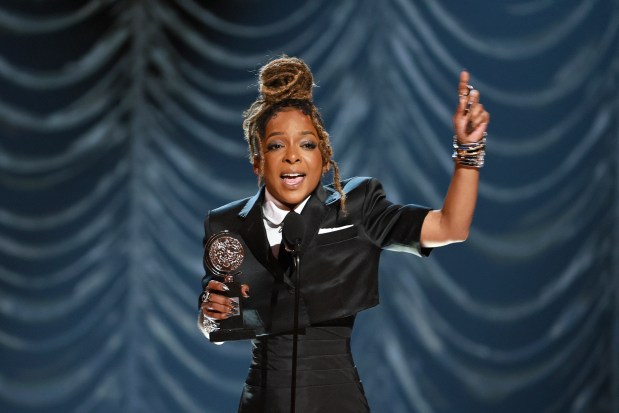Former House Speaker Michael Madigan turned 83 earlier this month, and it turns out he got a gift from the feds.
On Friday, federal prosecutors filed a motion notifying the judge they were dropping their push for the former Democratic powerhouse to fork over more than $3.1 million in forfeiture due to his conviction in February on sweeping corruption charges.
In their brief statement to the court, prosecutors said their office “continues to stand on the legal arguments and positions set forth in its forfeiture brief” filed last month.
“However, as a matter of discretion, the government has decided to no longer seek a forfeiture judgment in this case,” the filing stated. “This decision is independent from any other issue or briefing in this matter.”
No further explanation for the sudden shift was offered in the two-page filing.
U.S. District John Robert Blakey still has to formally recognize the request, but the filing effectively ends the financial forfeiture portion of the case first included in Madigan’s indictment in March 2022.
While the numbers had fluctuated slightly since then, the amount the government was seeking from Madigan upon conviction had hovered around $3 million, mostly representing money ComEd paid to his political pals for no-work jobs and to the law firm of political operative Victor Reyes — even though the utility had to scramble to find work for his firm to do.
The final figure presented by the U.S. attorney’s office after the trial was down by about $100,000 because the jury did not ultimately convict Madigan on several schemes, including payments by AT&T to ex-state Rep. Eddie Acevedo, the salary paid to Juan Ochoa as a member of ComEd’s board, and a contract for legal work between West Loop developers ZOM Living and Madigan’s law firm.
Blakey had set a hearing on the forfeiture and post-trial motions for June 9. Madigan is set to be sentenced June 13.
Last month, the Tribune reported Madigan had nearly $6.1 million left in his personal campaign fund, Friends of Michael Madigan, and was eligible to convert nearly $1.5 million from his campaign fund to personal use due to a 1998 state law that Madigan helped pass.
Separately, Madigan has tapped his campaign fund for more than $8 million in legal fees, costs that are allowed for politicians in Illinois and other states, campaign records show.
Madigan’s trial capped one of the most significant political corruption investigations in Chicago’s checkered history. It also cemented an extraordinary personal fall for Madigan, the longest-serving state legislative leader in the nation’s history who for decades held an iron-tight grip on the House as well as the state Democratic Party.
After 11 days of deliberation, the jury’s final verdict was mixed. Madigan was convicted of 10 of 23 counts, including marquee allegations that he agreed to squeeze lucrative, do-nothing contracts from ComEd for pals such as former Alds. Frank Olivo and Michael Zalewski and precinct captains Ray Nice and Edward Moody, all while the utility won a series of major legislation victories.
Madigan was also convicted on six out of seven counts — including wire fraud and Travel Act violations — regarding a plan to get ex-Ald. Daniel Solis, a key FBI mole who testified at length in the trial, appointed to a state board.
Jurors deadlocked on all six counts related to Madigan’s co-defendant, longtime lobbyist Michael McClain of Quincy.
Madigan faces a wide range of potential punishments. Several of the guilty counts carry a maximum of 20 years in prison, according to the U.S. attorney’s office. He also could qualify for house arrest instead of time behind bars, given his age.
jmeisner@chicagotriubune.com




